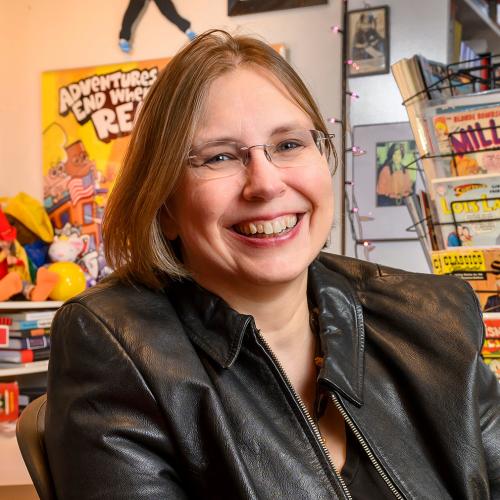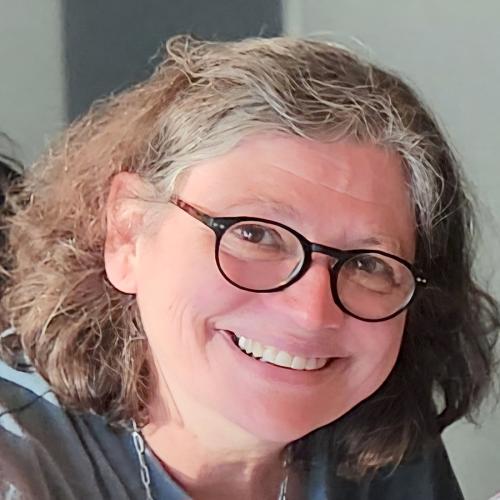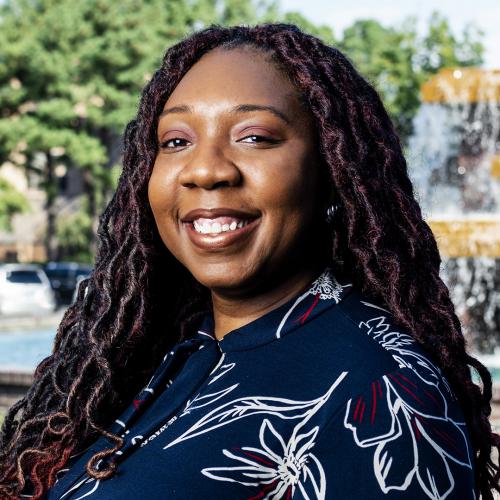Within the realm of social justice, professional resources can be scattered widely among the many disparate areas that intersect with this field, impeding research and fieldwork. A group of LIS doctoral students from across the country—all current American Library Association Spectrum Doctoral Fellows—are working together to create a solution to this challenge called the Social Justice Collaboratorium (@SJCollaborate).
The working group behind the Collaboratorium includes GSLIS doctoral students RaShauna Brannon and Myrna Morales, as well as Laverne Gray (University of Tennessee-Knoxville), Miraida Morales (Rutgers), Mario Ramirez (UCLA), and Elnora Tayag (UNC Chapel Hill). Together they devised an online resource available to support individuals working on social justice initiatives or members of the public interested simply in learning more about LIS and social justice work in the field.
“We are really conceptualizing the Collaboratorium to be a resource for everyone in LIS or education—educators, practitioners, supporters, community members, students, and even laypersons—to be able to use and discover tools and best practices to link knowledge to action. We envision it as being a tool for community empowerment,” said Brannon.
As part of the development process, the students organized a design symposium, which was held June 6-7 at the University of Maryland. More than two dozen experts and stakeholders attended the in-depth brainstorming session, including GSLIS Associate Professors Kathryn La Barre and Carol Tilley, and Visiting Recruiting and Diversity Specialist Delicia Greene.
Drawing on the wealth of participants’ collective knowledge about social justice was an important part of the design process, and takeaways from the symposium will guide the Collaboratorium team as they develop a prototype website and conduct user testing with stakeholders. However, there is more work to be done focusing in on the potential role of this new resource. The team is still exploring the many intersections of social justice and LIS, a topic that continues to raise thought-provoking questions.
“One of the [outcomes of the symposium] was identifying key concepts that have yet to be defined and outlined within our profession, particularly in the context of social justice. [There are] fundamental questions that people have been grappling with that haven’t been documented that the symposium gave us an opportunity to document and therefore has given us a foundation on which to build,” said Myrna Morales.
“LIS is just beginning to engage more deeply and comprehensively with key issues of cultural competence, and what it means to infuse and include diverse voices and bodies into the curriculum of our schools and ensure meaningful progress in recruitment and retention in our communities,” said La Barre.
“The open questions explored during the symposium included issues of perspective and representation of race, gender, sexuality and other contested categories, and explored critical intersections of bias, exclusion, and marginalization. The Spectrum Fellows are creating a Collaboratorium that will illuminate and inform the steps forward for LIS.”


